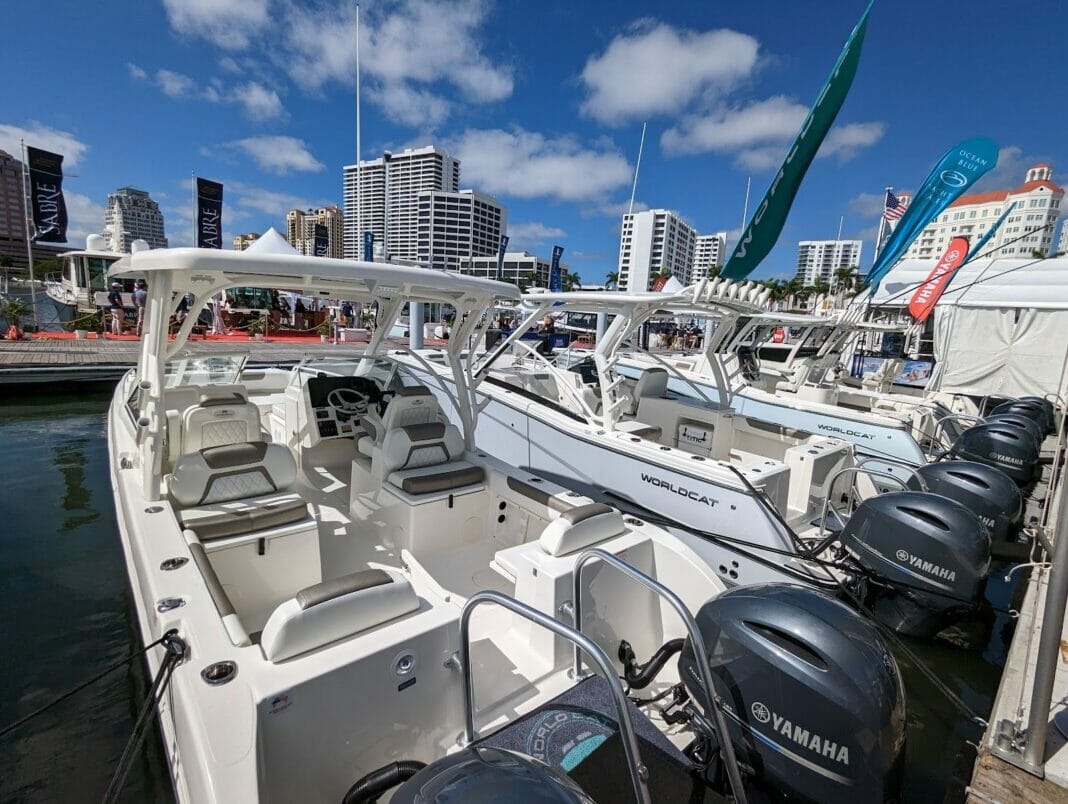A boat bill of sale is a vital document that records the sale and purchase of a watercraft, clearly outlining the specifics of the transaction. The legalese and paperwork can often seem overwhelming, making some boat-buyers question the importance of this documentation. However, since buying a boat is a significant investment, it is essential to understand why a boat bill of sale is crucial in ensuring the proper ownership and registration of the vessel.
What is a Boat Bill of Sale?
A boat bill of sale is a legally binding written agreement between the seller and the purchaser of a boat. It documents the essential terms and conditions of the transaction, providing proof of the transfer of ownership from the seller to the buyer. The bill of sale must include:
- The make, model, year, and hull identification number (HIN) of the boat
- The agreed-upon sale price
- The names, addresses, and signatures of both the seller and buyer
- The specific terms of the sale (details of any warranties, guarantees, or additional conditions)
- The date of the sale
Depending on the state or country, a boat bill of sale may also need to be notarized or witnessed by an unbiased third party.
Importance of a Boat Bill of Sale
Evidence of Ownership
One of the main reasons a bill of sale is crucial is that it serves as evidence of ownership. In some jurisdictions, it is required by law for boater registration and/or title purposes. Without a proper bill of sale, the legal ownership of the boat may be unclear, especially if the boat has changed hands through multiple transactions.
Tax and Legal Implications
In addition to ownership, a bill of sale is critical for tax purposes. It acts as proof of the sale price and relevant sale date, which authorities may require for tax assessment or valuation of the vessel. It may also be needed if a dispute ever arises regarding the boat’s ownership, as it clearly outlines the details of the transaction.
Insurance Requirements
For insurance purposes, a bill of sale is often necessary to demonstrate ownership of the boat. Many insurance companies require boat owners to provide proof of ownership, and this document can help establish that the buyer has legally acquired the vessel.
Financing Requirements
When financing a boat, the lending institution will likely require a bill of sale as evidence of the sale transaction. The financing company will need this information to determine the loan amount, interest rate, and repayment terms for the boat.
Protecting Buyer and Seller
The bill of sale offers protection to both the buyer and the seller in the case of any disputes or discrepancies. It safeguards the seller by establishing that they no longer hold legal responsibility for the boat once the sale has taken place. Similarly, the buyer is protected by having documentation that demonstrates their lawful ownership and helps ensure that the boat cannot be claimed by another party.
How to Obtain a Boat Bill of Sale
There are several ways to obtain a boat bill of sale:
- Online resources: Many websites offer free, downloadable templates for bills of sale. Be sure to choose one that complies with your local jurisdiction’s requirements.
- Government agencies: Some states or countries provide basic boat bill of sale forms through their motor vehicle or maritime departments. Check with your local jurisdiction to see if they offer such forms.
- Legal professionals: You can consult with an attorney who specializes in maritime law for assistance in drafting a boat bill of sale. This option ensures that the document is legally compliant and tailored to your specific transaction.
A boat bill of sale is a crucial component of any watercraft transaction. It protects both parties involved, serves as proof of ownership, and ensures compliance with tax, legal, insurance, and financing requirements. Ensuring that you have a thorough and accurate bill of sale during the boat-buying process can save significant time, money, and potential future disputes.


